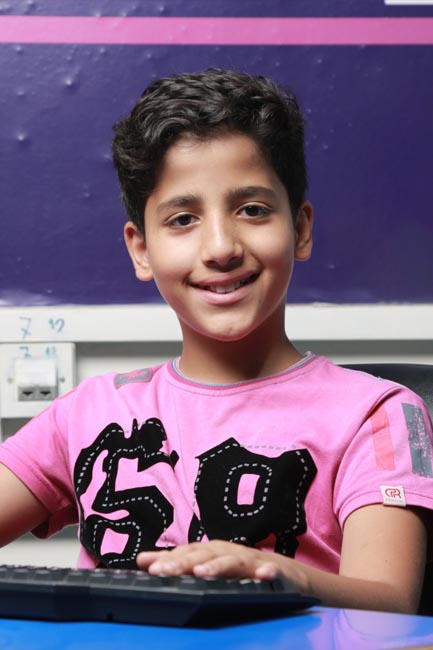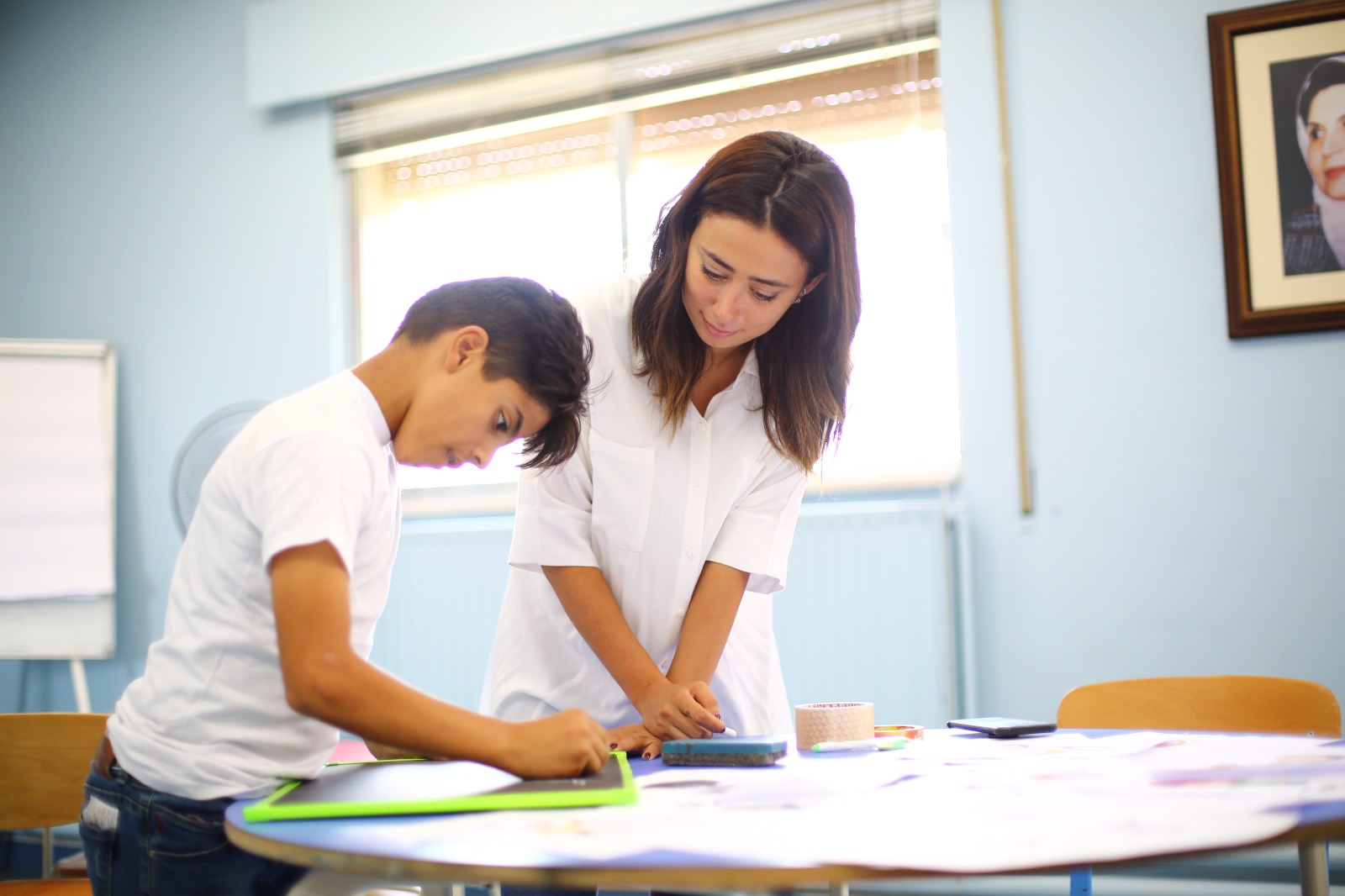Al Mabarrat’s External Outreach Programme
This programme is designed to support boys and girls who live with their families but require additional help to improve their daily lives and overall development. The programme focuses on offering educational, health, psychological, and social services to enhance the well-being, skills and opportunities of these children and their families.
Objectives of the External Care Programme
- Comprehensive healthcare: Providing medical and treatment services to ensure the health and safety of the children.
- Psychological and social support: Offering psychological and social support to help children overcome emotional and psychological challenges.
- Financial support: Providing financial assistance to families or single parent homes to cover children’s needs, including food parcels, clothing, school supplies, uniforms, and daily allowances.
Components of the External Care Programme
1. Educational Support:
- Enhancing education and learning: Providing educational support to improve children's academic performance through tutoring.
- Additional tutoring: Covering the costs of extra lessons and tutoring for high school students preparing for their final exams.
2. Healthcare:
- Health insurance: Offering health insurance through the Royal Medical Services.
- Treatment services: Providing necessary medical treatment and coordinating with relevant health authorities.
3. Psychological and Social Support:
- Psychological support sessions: Providing individual and group sessions with psychologists to address mental health issues.
- Family consultations: Offering consultations and support to families to help them manage the needs of their children.
- Social activities: Organising social activities to enhance interaction among children and develop their social skills.
- Volunteering and participation: Encouraging children to participate in volunteer work to serve the local community.
- Community partnerships: Collaborating with local organisations and educational institutions to provide a variety of services for children.
4. Management and Follow-up:
- Regular evaluations: Conducting regular evaluations to monitor the progress of children and assess their needs.
- Reporting: Preparing regular reports on the status of each child and progress within the programme.
- Continuous communication: Maintaining open channels of communication with the children's families to ensure their needs are met.

Empowerment and development

Enhancing education and learning
Tags : English
Location

